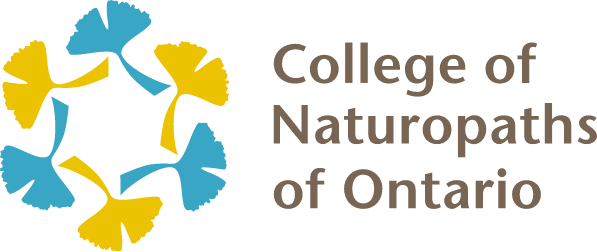Drugs and Substances for Ontario NDs

In July 2015, Ontario’s Naturopathic Doctors were formally granted the right to use drugs and substances as part of naturopathic practice. However, the access granted was not universal and created confusion for both NDs and patients in Ontario.
For example, how could a vitamin, such as Vitamin A or D, suddenly become a drug and have to be handled differently? Why was something as simple as saline solution considered a drug in some instances?
The world of drugs and substances for Ontario’s NDs is anything but easy. Understanding which drugs could be prescribed, dispensed, compounded, and sold—and any limitations on their use—is critical to providing safe, competent care. Understanding which substances could be administered by inhalation, injection, and intravenous infusion therapy, along with the conditions and limitations on their use, significantly impacts not only patient care but also proper naturopathic practice.
This session navigated the system of drugs and identified which drugs could be used by Ontario’s NDs, including:
- How to determine whether something was a drug in Ontario.
- The differences between the use of drugs and substances.
- How to know whether an ND could use a specific drug or substance.
- How the standards of practice in Ontario impact naturopathic care.
Missed the event?
Click here to register for the recording.
PRESENTERS

Andrew Parr, CAE
Chief Executive Officer
Andrew Parr is the Chief Executive Officer (CEO) of the College of Naturopaths of Ontario, the regulatory authority governing naturopathic doctors in Ontario. He was first appointed to the College during its formative stages in August 2010 and, upon proclamation of the Naturopathy Act, 2007 in July 2015 was formally re-appointed by the new Council.
Prior to joining the College, Andrew had been working in the not-for-profit sector for 20 years including eight of which he served as the Executive Director and CEO of the association for registered massage therapists in Ontario. Andrew has also served as the Executive Director of the Canadian Society of Association Executives-Trillium Chapter for ten years through a successful association management firm he had established.
Andrew has a Bachelor of Arts (Honours) degree in politics from Brock University in St. Catharines, Ontario and has attained his Certified Association Executive (CAE) designation from the Canadian Society of Association Executives.
Outside of work, Andrew enjoys spending time at the lake with his husband of 30 years and his delightful pups, Chandler and Gunther.

Jeremy Quesnelle
Deputy CEO, Regulation
Jeremy Quesnelle is the Deputy CEO, Regulation at the College of Naturopaths of Ontario. Jeremy began his work with the College in 2011, 4 years prior to the proclamation of the Naturopathy Act, 2007. During that time Jeremy’s focus was on regulation, standards, policy and program development in the areas of Quality Assurance, Complaint, Discipline, Inspections, Patient Relations and Controlled Acts. Since proclamation of the Naturopathy Act, 2007 in 2015 Jeremy has overseen the College’s professional practice and professional conduct departments as well as supporting the CEO in the day to day operations and governance of the College.
Jeremy has a Bachelor of Arts degree in Archaeology and Classical Studies from Wilfrid Laurier University, in Waterloo Ontario. When not working Jeremy can be found cooking, practicing jiu jitsu or chasing around his two young sons.
